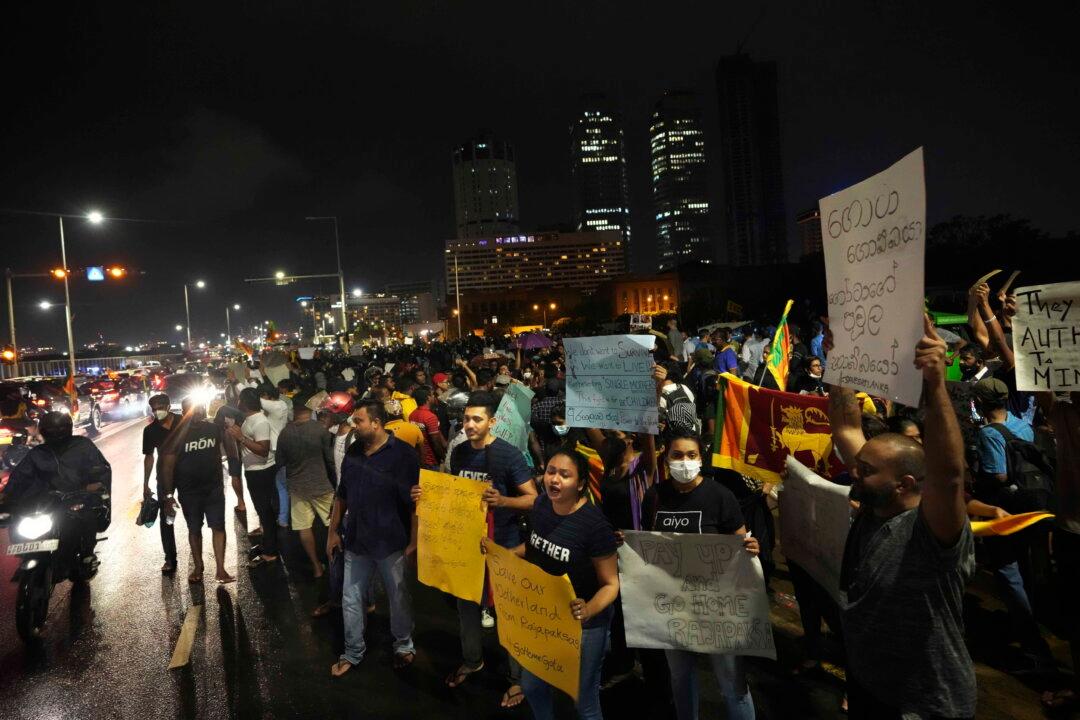Sri Lanka’s Colombo Stock Exchange (CSE) was ordered to close the stock market for five days from April 18 after the government announced its decision to suspend the repayment of billions of dollars in foreign debt.
The Sri Lankan Securities and Exchange Commission (SEC) said in an April 16 statement that CSE’s board of directors has called for a temporary halt to trading, citing “the present situation in the country.”





